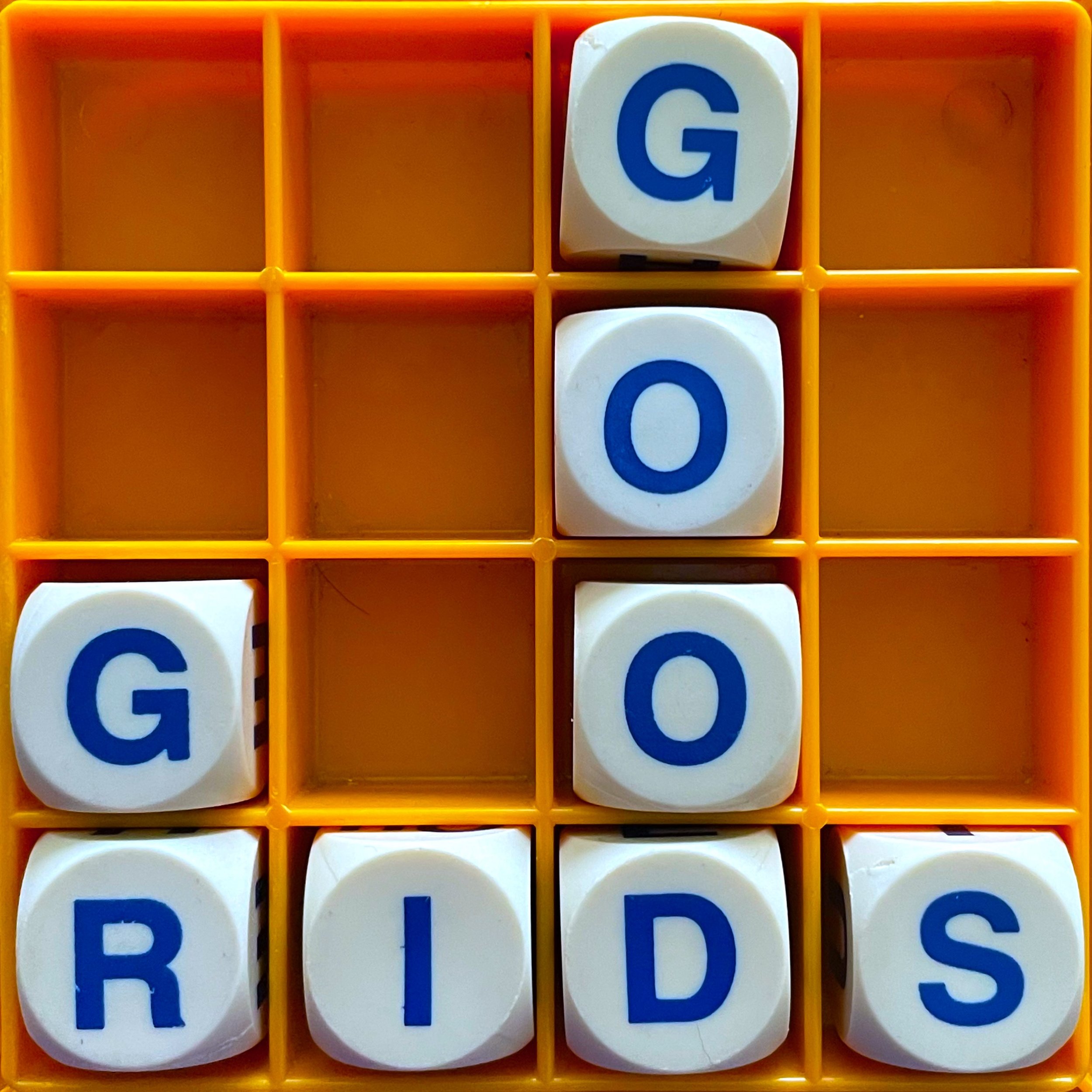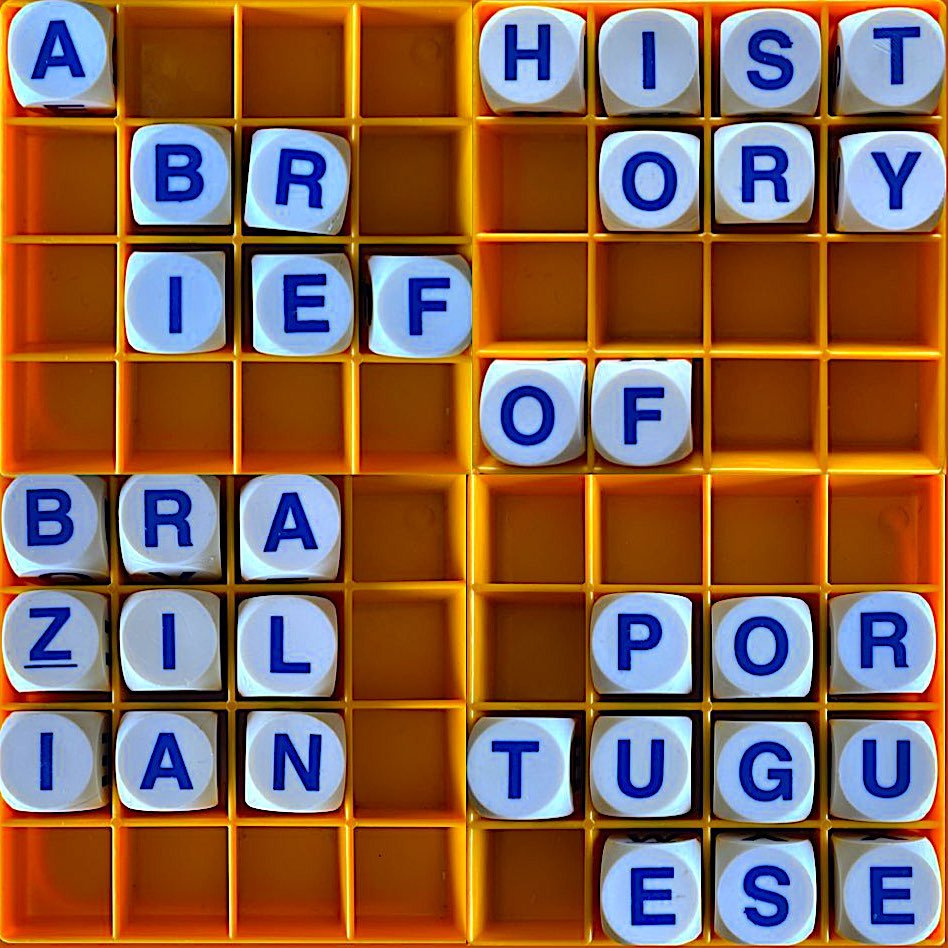In 15th and 16th century Scotland, in the highest courts of the land, you'd find esteemed poets hurling insults at each other. This was flyting, a sort of medieval equivalent of battle rap, and it was so popular at the time that the King himself wrote instructions for how to do it well. Writer and Scots language campaigner Ishbel McFarlane and historical linguist Joanna Kopaczyk explain the art of flyting, where an insult becomes slander, what's going on within the speech act of performative diss-trading, and what the legal consequences could be of being accused of witchcraft.
Read moreAllusionist 194. Word Play part 4: Good Grids
Exciting things have been happening with crossword puzzles in the US: more constructors, more outlets to get puzzles published, clues and answers that would never have appeared even a few years ago, and puzzle packs raising a whole lot of money for charities and humanitarian causes.
Read moreAllusionist 175. Eurovision part 2
Oh, you thought the Eurovision Song Contest was about songs? Or a fun international TV event that brings people together in lots of different countries? Or watching extremely vigorous dance numbers? OK, it is, but it's also about some pretty thorny language-related politics. Historian Dean Vuletic, author of Postwar Europe and the Eurovision Song Contest, discusses Eurovision's many linguistic controversies, and the ways the contest has been exploited politically - and caused political kick-offs too.
Read moreAllusionist 174. Eurovision part 1
There aren't many multilingual, multinational television shows that have been running for nearly seven decades. But what makes the Eurovision Song Contest so special to me is not the music, or the dancing, or the costumes that range from spangletastic to tear-off: no, it's the people butting heads about language. Historian Dean Vuletic, author of Postwar Europe and the Eurovision Song Contest, recounts the many changes in Eurovision's language rules, and its language hopes and dreams.
Read moreAllusionist 173. Death
"You can't redead the dead by you saying something shit," says Cariad Lloyd of Griefcast and author of You Are Not Alone; nevertheless when you're bereaved, people still are usually so nervous to say the wrong thing that they often don't say anything at all. And especially not the word 'dead'. Maybe what we need, says council funeral officer Evie King, author of Ashes To Admin, is a "jazzy snazzy term for death, the 'bottomless brunch' of death..."
Read moreAllusionist 172. A Brief History of Brazilian Portuguese
"The myths, or the received wisdom, about Portuguese language in Brazil is that, of course we know we speak a very different version of the language, but this has always been explained to us as maybe perhaps a defect of sorts?" says linguist and translator Caetano Galindo, author of Latim em Pó, a history of Brazilian Portuguese. "You look deeper into things and you find you have to wrap your mind around a very different reality.”
Read moreAllusionist 169. The Box
Erwin Schrödinger is one of the "fathers of quantum mechanics". He also sexually abused children. Trinity College Dublin recently denamed a lecture theatre that had been named after him - but his name is still on an equation that won the Nobel Prize for physics. And a cat.
Writer and historian Subhadra Das recounts how and why you rename a university building, and retired physicist Martin Austwick considers that renaming an eponymous equation or theory might be more difficult than unscrewing a sign from a wall.
Read moreAllusionist 168. Debuts
There’s been a recurring theme on the show over the years, of filling gaps in language, removing stigma and bias, finding better ways to express ourselves and talk about our feelings and our bodies. Today Kalle Rocklinger, sex educator with RFSU, the National Association for Sexuality Education in Sweden, talks about how and why over the years, the RFSU has come up with and publicised new terms for body parts and sexual acts, and what they would still like to change. This is the first part of the Telling Other Stories series, about renaming things.
Read moreAllusionist 167. Bonus 2022
What do the hippocampus, homophones, Little Women, worrying and egg hacks have in common? They all star in the 2022 parade of Allusionist bonus bits! This year's guests provide some extra fascinating facts, thoughts and feelings: in order of reappearance, Jing Tsu, Morénike Giwa Onaiwu, Tim Clare, Stephanie Foo, Lewis Raven Wallace, Charlotte Lydia Riley, Hannah McGregor, Kristen Meinzer and Jolenta Greenberg.
Read moreAllusionist 166. Fiona part 2
“I don't think that anyone should come away from this conversation not wanting to use the name Fiona. I think this is a beautiful and rich history. It might not be quite the history that you imagined, but I think it's a beautiful history," says writer and performer Harry Josie Giles. She and PhD researcher Moll Heaton-Callaway investigate this complicated name with fascinating history, in this second of a pair of episodes about the name Fiona.
Read more









